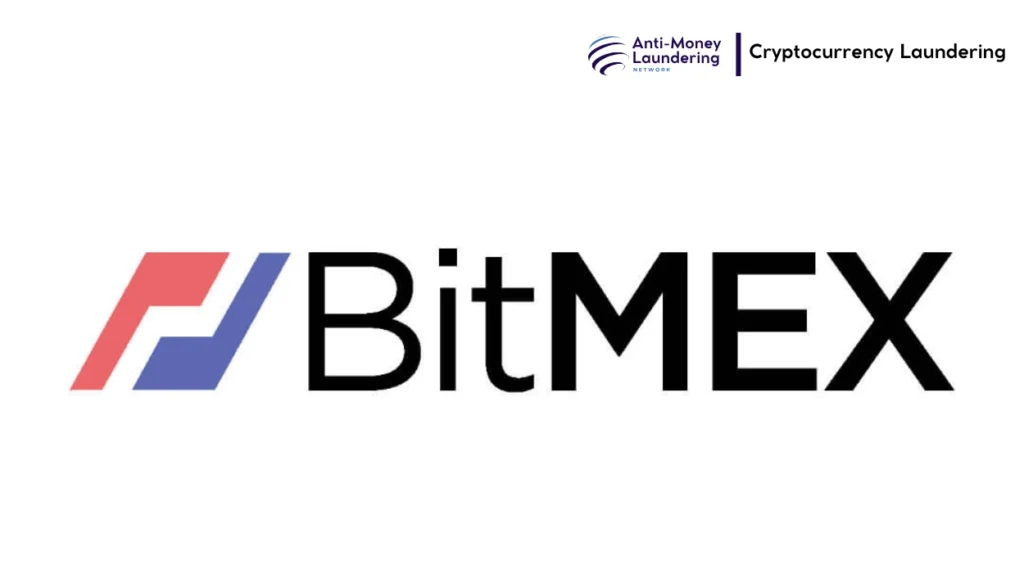The BitMEX case marks a pivotal moment in the enforcement of anti-money laundering (AML) regulations within the cryptocurrency industry in the United States. BitMEX, a major crypto derivatives exchange, systematically evaded U.S. regulatory oversight by failing to implement essential AML and know-your-customer (KYC) controls while actively serving U.S. customers. This egregious neglect facilitated the laundering of billions in Bitcoin deposits, amplifying risks of illicit financial activity. The resulting multi-agency crackdown, including significant fines and criminal charges against BitMEX and its founders, underscores the urgent need for stringent compliance in the rapidly evolving digital asset space and signals the U.S. government’s determination to clamp down on crypto-based money laundering.
The BitMEX case represents one of the most significant enforcement actions by U.S. authorities against a cryptocurrency exchange for money laundering and regulatory violations. BitMEX, operating through a complex offshore corporate structure, willfully ignored U.S. AML and KYC obligations required under the Bank Secrecy Act while knowingly serving U.S. customers. By failing to register as a futures commission merchant and neglecting to implement adequate compliance programs, BitMEX transformed its platform into a conduit for illicit financial flows. The exchange enabled over $11 billion in Bitcoin deposits from U.S. accounts in a system lacking transaction monitoring and customer due diligence, allowing criminals and illicit actors to exploit the anonymity of cryptocurrency markets. The U.S. Department of Justice, CFTC, and FinCEN have imposed heavy fines and criminal charges resulting in guilty pleas from BitMEX founders, signifying substantial ramifications for non-compliance in the crypto industry. The case underscores the U.S. commitment to enforcing AML laws in the digital asset space and holding firms accountable for facilitating money laundering through inadequate controls and deceptive practices.

